Growing Wheat
All Growing Wheat Content
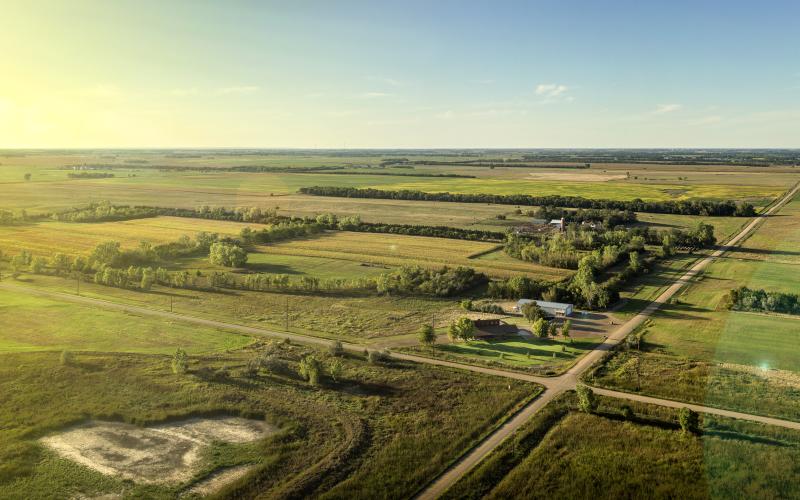
Crops
During the growing season, SDSU Extension provides weekly production recommendations.
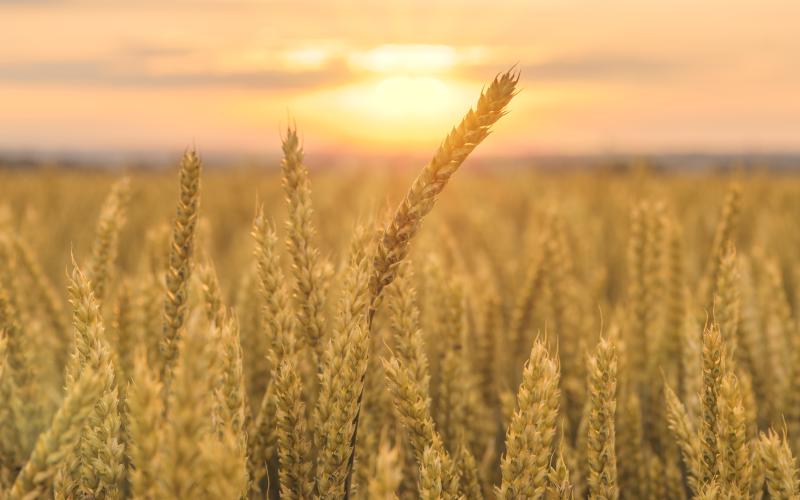
Spring Wheat Variety Trial Results
The 2025 spring wheat variety trials were planted throughout various locations in South Dakota.

Cover Crops
The benefits of planting cover crops are numerous.

Wheat
The SDSU Extension team provides unbiased, research-based information to help wheat growers make decisions to improve yields and profits.
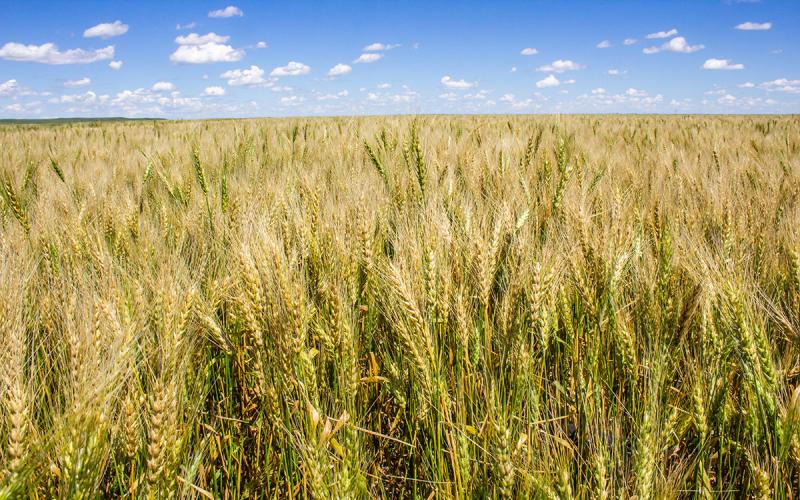
Winter Wheat and Nitrogen: Decisions for 2026 Growing Season
With fertilizer representing one of the largest variable costs in wheat production, inefficient nitrogen use can quickly erode profit margins. This being said, an emphasis should be placed on how to improve nutrient management during the 2026 growing season.
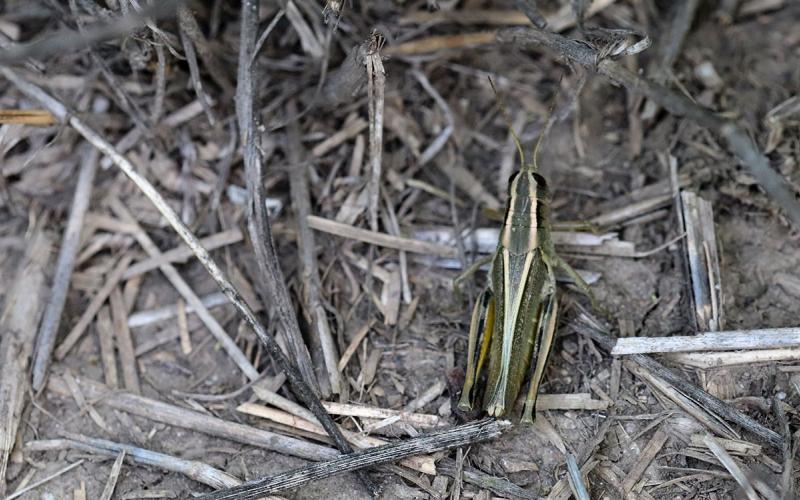
Monitor Emerging Winter Wheat for Grasshopper Populations
Large grasshopper populations have been observed in many areas of South Dakota. It is important to scout winter wheat fields for grasshoppers before and after planting, especially in areas where large populations have been identified.
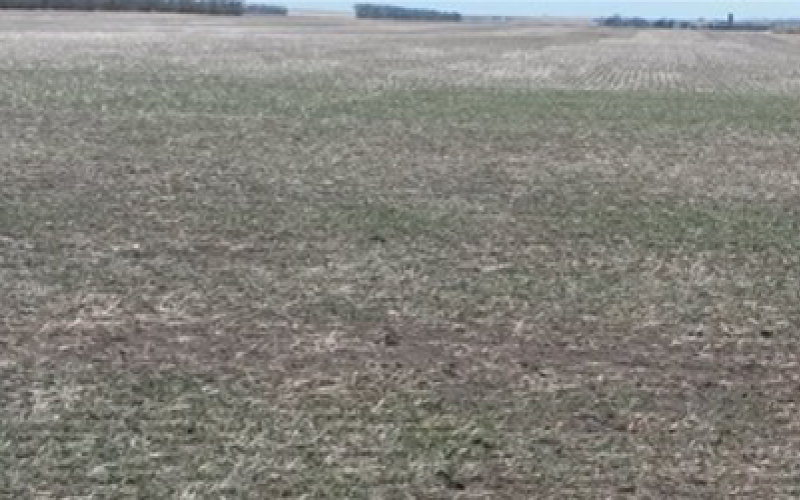
Split Application of Nitrogen in Winter Wheat
Adequate N early in the growing season is important to support healthy tillering and to give young plants the best opportunity to survive the sometimes-harsh South Dakota winter
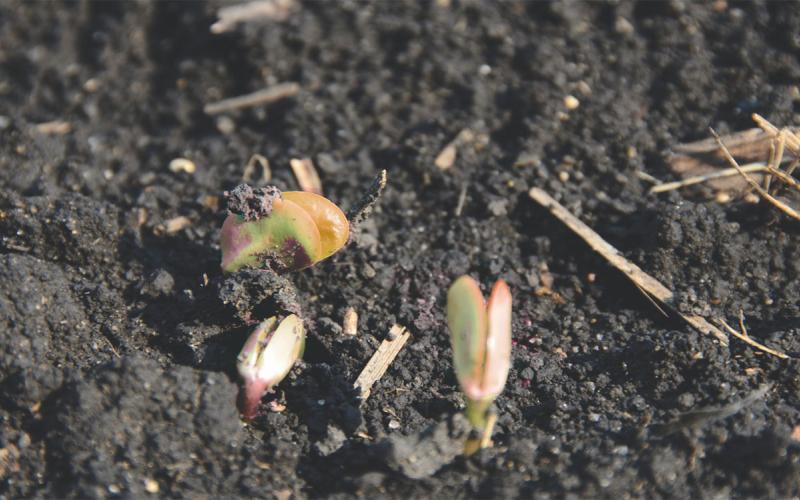
Chilling Injury
Concerned about row crop emergence due to cool spring weather? Learn what crops are most vulnerable to chilling injury and how you can mitigate risk during spring planting.
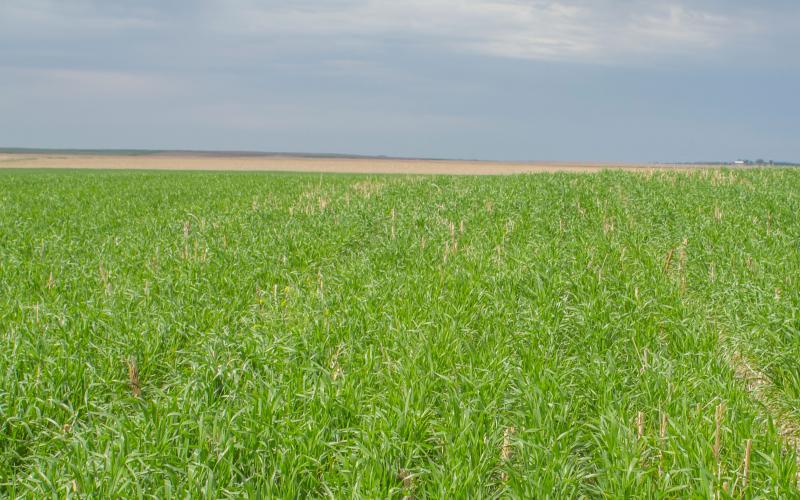
Chloride Fertilizers May Be Beneficial in Spring Wheat Production
Chloride, the ionic form of chlorine, although not considered an essential nutrient, has long been observed to be highly beneficial to field crops. Chloride is known to play an essential role in plant development and osmoregulation.

Winter Wheat Decisions
Winter wheat planting will soon be starting and a number of decisions will have to be made for a successful winter wheat crop, including: the time of planting, the choice of variety to be planted, disease and pest management decisions and crop insurance.